Readtime: 9 min
Every product is carefully selected by our editors and experts. If you buy from a link, we may earn a commission. Learn more. For more information on how we test products, click here.
Feeling tired? A little run-down? Maybe you’ve just been burning the candle at both ends, or maybe there’s something more sinister at play. Relax, nobody is trying to scare or guilt you for working too hard or putting much attention on the little things, instead, we’re encouraging every Aussie to step back and take a look at the bigger picture. It can be daunting at first, but the simple fact remains – working on your mental health requires just as much care and effort as your physical health. Just like Nutri-Grain told us, you only get out what you put in and increasingly, the world starting to realise this.
RELATED: How to See a Therapist: A Complete Guide

Celebrities Stepping Back
Over the past few months, we’ve seen a spate of Hollywood celebrities make the decision to step back from certain demanding roles and duties, citing the need to prioritise physical and mental health over career progression, money or influence. Recently, Spider-Man star Tom Holland told his 67 million Instagram followers he gets “caught up and spirals” when reading articles and features about his work, personal life or career. His honesty was met with widespread support, leading the 26-year-old, who is arguably the biggest actor in the world right now, to announce he was taking a full-scale departure from social media.
“I find Instagram and Twitter to be overstimulating, to be overwhelming,” he said in a video posted in August. “I get caught up and I spiral when I read things about me online, and ultimately it’s very detrimental to my mental state. So I decided to take a step back and delete the app. There is an awful stigma against mental health, and I know that asking for help and seeking help isn’t something that we should be ashamed of, but it is something that is much easier said than done.”
Holland wasn’t alone in his decision to exit the limelight, either. That same month, Academy Award-nominated actor Jonah Hill announced he would no longer be promoting his films in an effort to preserve his mental health. The Superbad actor said he had suffered from anxiety attacks for nearly 20 years, many of which were “exacerbated by media appearances and public-facing events”. Hill made the announcement in the lead-up to Stutz, a film that he directed about the therapist he began seeing in 2017.
“I am so grateful that the film will make its world premiere at a prestigious film festival this fall, and I can’t wait to share it with audiences around the world in the hope that it will help those struggling. However, you won’t see me out there promoting this film, or any of my upcoming films, while I take this important step to protect myself,” Hill wrote in an open letter published by Deadline.
“If I made myself sicker by going out there and promoting it, I wouldn’t be acting true to myself or to the film. I usually cringe at letters or statements like this but I understand that I am of the privileged few who can afford to take time off. I won’t lose my job while working on my anxiety. With this letter and with Stutz, I’m hoping to make it more normal for people to talk and act on this stuff. So they can take steps towards feeling better and so that the people in their lives might understand their issues more clearly.”

Hill and Holland are part of a growing list of celebrities making the move for affirmative action. Athletes like Naomi Osaka and our own AFL star Tom Boyd have stepped away from high-pressure roles due to mental health reasons and we applaud them for their honesty and acknowledge the challenges they face. For everyday Aussies, the ‘suffer in silence’ facade is starting to fall and according to clinical psychologist and Headspace App’s mental health expert, Mary Spillane, it can’t come down soon enough.
“When people with a public profile announce they are going to prioritise their mental health and take a break, it helps to normalise this for the general public,” she explains. “The more that people talk about this in the mainstream, the more normal it becomes. Before anyone can take action, they need to first acknowledge there is a problem. Increasing awareness of mental health in the public domain will help people feel more comfortable acknowledging their difficulties.”

What is Prioritising Mental Health?
With so many celebrities taking the lead and putting their mental health first, the world is starting to acknowledge the burgeoning impacts of everyday life. Following a tough few years at the hands of a global pandemic, the rise of ‘Quiet Quitting’ and ‘The Great Resignation’ have seen Australians rejig their priorities, with mindfulness and health on top of the list. According to mental health expert Spillane, it’s not always as simple is putting your notice in and walking away, however.
“There is no “one size fits all” for what taking a break looks like for the average person,” the clinical psychologist tells us. “We’re all different and have different needs when it comes to our mental health. I encourage people to stop and think about what they need based on their individual circumstances, and to avoid comparing themselves to others. For example, some people might need a day or two off to recharge their batteries, whilst some may need a longer break. Practising mindfulness can help people to develop greater awareness of what they need in the present moment, and lead to more clarity about what kind of break is required.”
“Prioritising mental health means making decisions or behaving in ways that are beneficial to mental health and wellbeing as a starting point.
While there is never a bad time to start prioritising your mental health, it’s particularly pertinent right now. With R U OK? Day falling on Thursday 8 September and World Suicide Prevention Day arriving on Saturday 10 September, there are constant reminders to put yourself first and ensure your mental wellbeing is in top condition. As Spillane explains, if you are looking to boost your mental health this year, you need to be consistent in making health a priority.
“It can be helpful to think of behaviours or actions that you can practice regularly as a part of your lifestyle going forward, rather than looking for temporary solutions,” she says. “For example, regular exercise, sleep hygiene, and rest are important steps to take in a consistent way. People can sometimes fall into the trap of making drastic changes for short periods of time. Whilst this might be beneficial in the short term if it’s not sustainable, it’s unlikely it will make a positive impact long term.”

5 Sings of Burnout
One of the most important elements in prioritising mental health is understanding when things are starting to become overwhelming. It’s not always easy to articulate, either. We all lead busy lives with stressful jobs, challenging family dynamics and external pressures that can impact the way we operate and view the world. Stepping back and taking the time to assess how you feel day-to-day is a great way to measure your happiness and comfort levels, charting whether you are feeling the dreaded signs of burnout.
As the Queensland Government Health Department explains, burnout is a state of complete mental, physical, and emotional exhaustion. If you are experiencing burnout, you may notice it is difficult to engage in activities you normally find meaningful. You may no longer care about the things that are important to you or experience an increasing sense of hopelessness. Clinical psychologist and Headspace App’s mental health expert, Mary Spillane reveals there are five key signs of burnout that should be on the lookout for:
- Fatigue and depletion of energy
- More frequently negative about the workplace or colleagues
- Irritability
- Changes to sleep or appetite.
- Less care about standards or quality of work
How to Lighten the Load
So, what happens if you suddenly realise the walls are closing in? While it can be easy to throw your hands up in the air and catastrophise, the situation isn’t completely lost and making simple changes can completely alter your mood and happiness. And they aren’t just for celebrities. On the outside, it seems easy for wealthy actors with ingrained support systems to take time off to work on themselves, however, everyday Aussies rarely have the same luxury. For those working to pay a mortgage, with kids in school or simply just getting enough money to put food on the table, the prospect of taking months off at a time simply isn’t feasible. In this circumstance, Spillane suggests making the most of the straightforward options at your disposal.
- Take a Break. Any Break – Where feasible it’s important to utilise personal leave and annual leave as an avenue for having a break. Whilst everyday workers cannot always take long-term breaks, it is important to utilise the breaks that are actually available to you.
- Prioritise self-care and well-being consistently – If we’re taking steps to look after ourselves and prioritise self-care, this can reduce the likelihood of things becoming so difficult that we feel like we need to stop working altogether. Getting sleep and exercise, eating well, and cutting back on alcohol can help improve overall well-being.
- Speak to a Psychologist – Speaking to a mental health professional can help you to better understand your difficulties and patterns of behaviour which can both lighten the load, but also lead to problem-solving.
If you are looking to get ahead with your mental health, check out our Mental Health Hub and visit Headspace App for some helpful tips and advice on mindfulness and meditation. Similarly, if this article has raised any concerns you may have, please contact Lifeline for 24 hour crisis support and suicide prevention or call at 13 11 14.
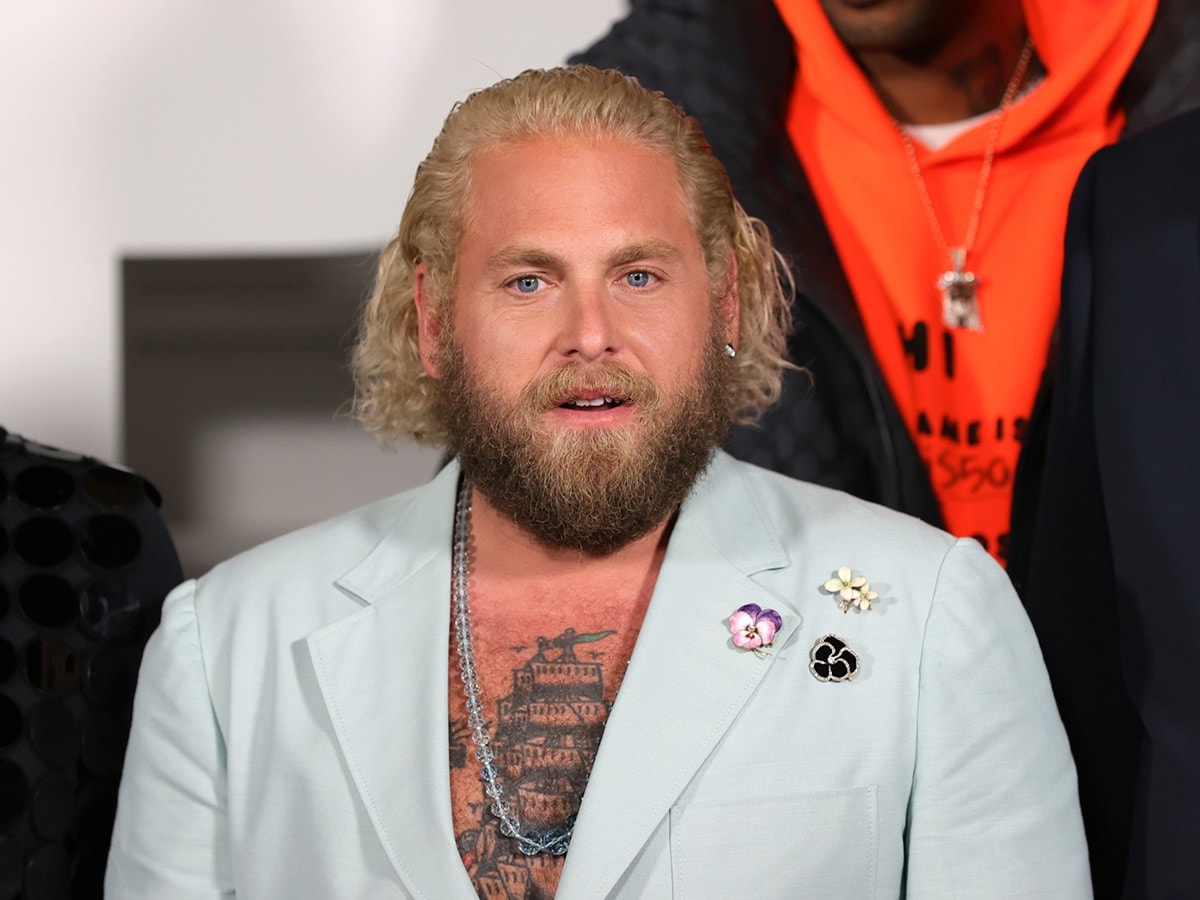


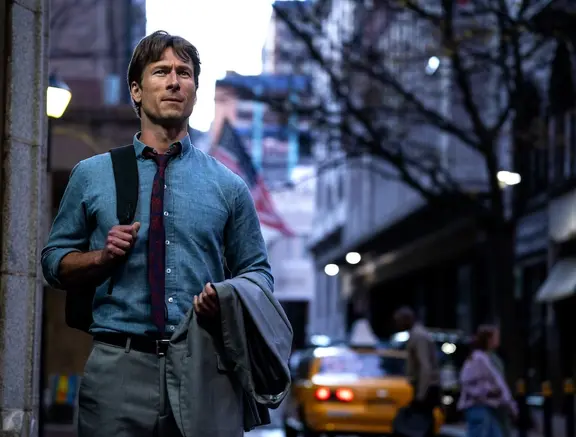







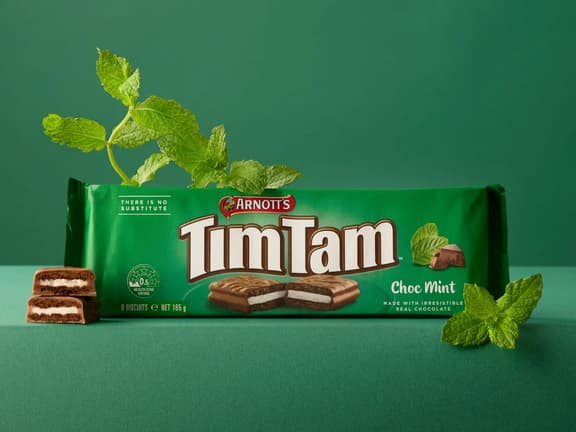




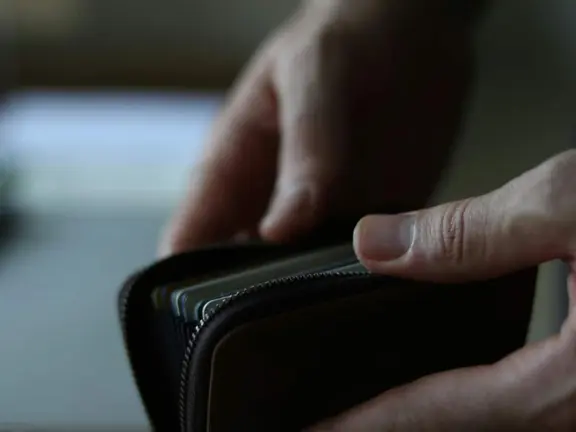




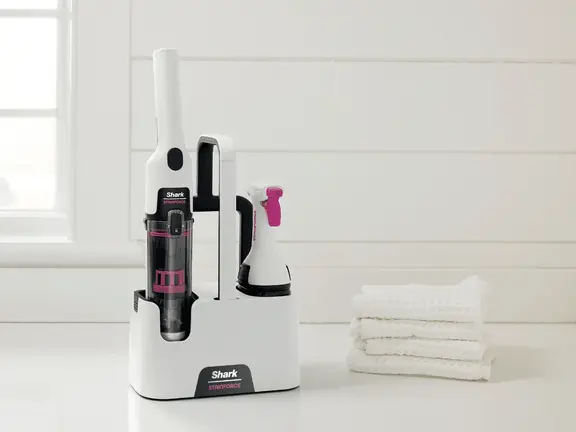

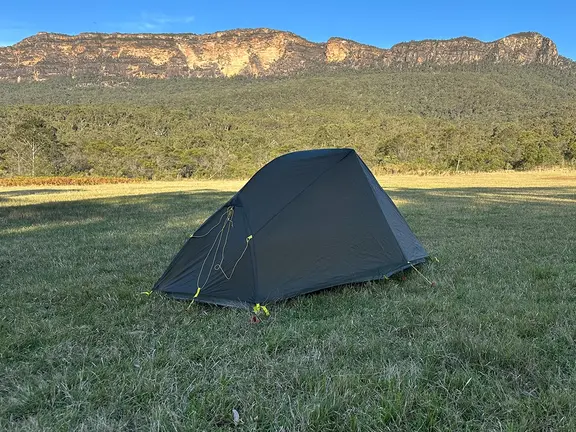

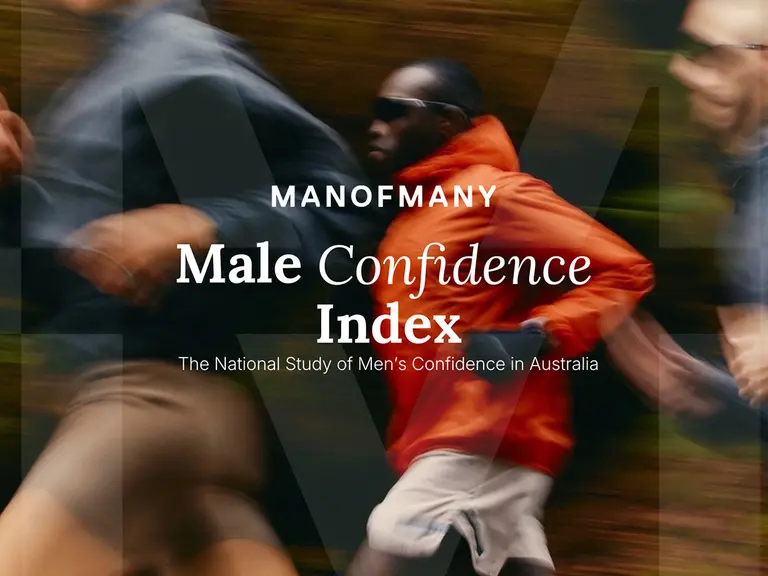




Comments
We love hearing from you. or to leave a comment.